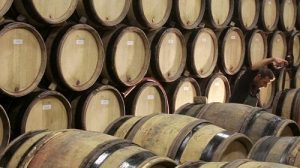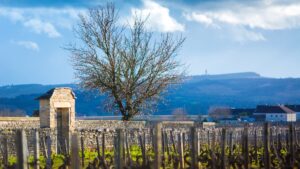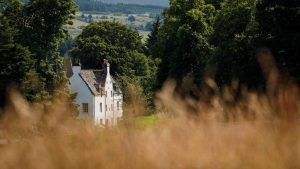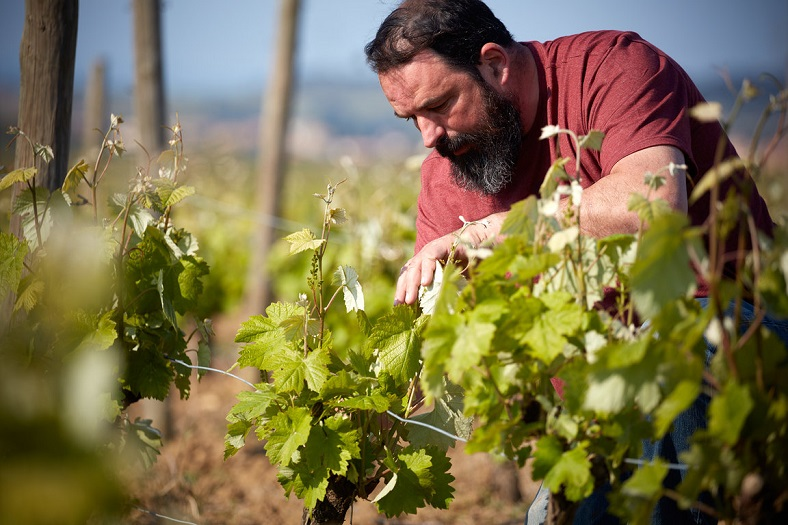
A leading ambassador for the Minervois (Languedoc), Jean-Baptiste Senat is a modest and determined producer whose ambition is to make “wines that stir emotions”. They are true artisanal wines, in the most noble sense of the term.
At the age of 27, after studies in History of Art and Political Sciences, Jean-Baptiste Senat decided to go back to his family home and take over the running of his parents’ 15-hectare domain in Trausse.
In 1996, the Languedoc was perfectly suited to this new adventure of his: the Minervois appellation had only been created 11 years prior, and with an uncompromising ambition to make clean wines, he arrived in the region much like a hurricane. Yet while he came to the region with a very precise idea of the kind of viticulture he wanted to practice, he wasn’t so sure of the style of wine he wanted to produce.
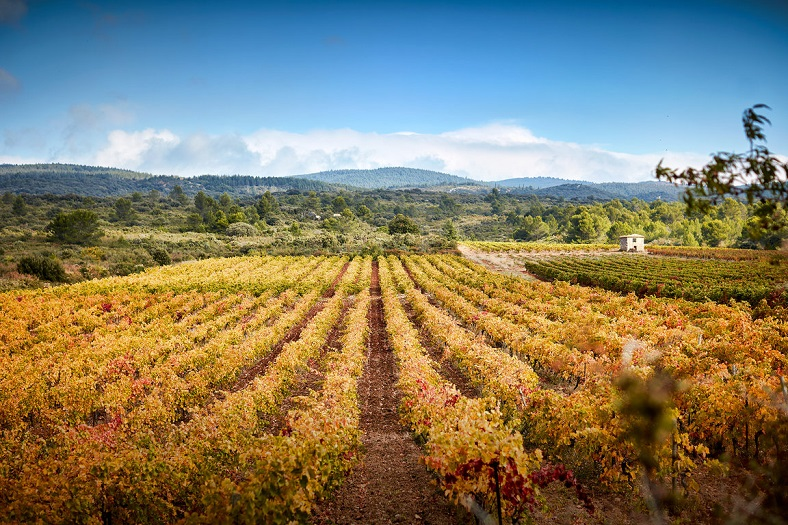
Jean-Baptiste Senat compares his work as a winemaker to that of an artisan, a craftsman: to grow healthy grapes and translate the emotions they solicit into a bottle. “Wine speaks to the heart”, he elaborates. It’s something to be shared, but above all, wine is something one experiences emotionally.
While a lot of progress is still to be done in the Minervois, the notion of terroir is the watchword here. This word, which is profoundly attached to the history of Burgundian viticulture, takes on a different meaning at Jean-Baptiste’s domain: terroir does not evoke the ‘truth’ of the soil a priori, rather terroir has a story; it is the combination of land, soil, viticultural practices and a climate. Terroir is therefore first and foremost a history of adaptation, between healthy viticultural practices and plants that are adapted to the soil and the climate. Thus, Carignan and Mourvèdre make up the majority of the varieties planted at the domain precisely because they are more resistant to high temperatures, drought and strong winds.
His answer to climate change lies therein: for him there is no need to irrigate his vines or acidify grape musts, rather it suffices to reintroduce local grape varieties and agricultural practices that are adapted to the region. ‘Gobelet’ training, which creates shade to shelter the grapes from the sun, is one such example. An example of how he can feasibly avoid using any inputs in both vineyard and winery. When he says he is a natural winemaker, he means it.
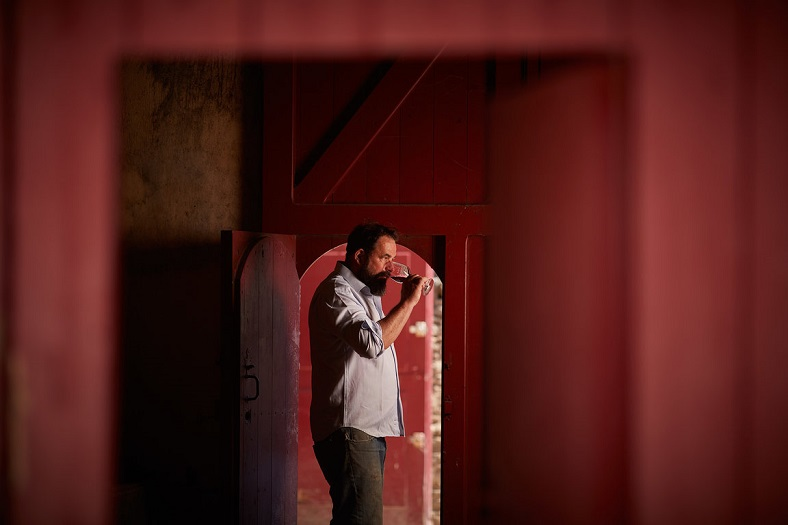
His style has evolved over the years and, after a phase of producing dark wines with a high alcohol content much like the beloved southern Rhône Grenache that sit at a cool 15°, Sénat’s wines are now digestible, characterised by their elegance, purity and precision of fruit. He neither fies nor filters his wines, rather keeps them long enough to clarify naturally. In his quest for digestibility, he has reintroduced old varieties, Picpoul Noir and Terret, both light in colour and high in acidity.
In the winery, the domain’s practices showcase the freshness and purity of its wines, all the while respecting a natural philosophy. The grapes undergo fermentation with ambient yeasts and only small amount of Sulphur are added after fermentations.
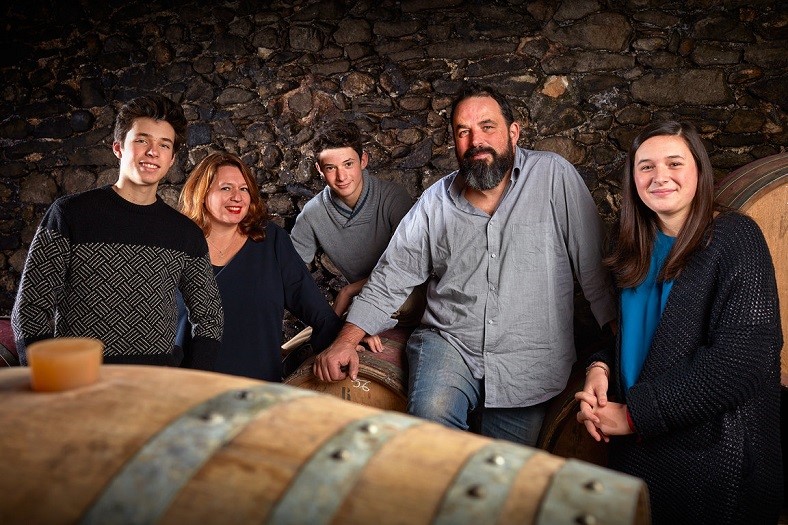
See all wines from Jean-Baptiste Senat currently for sale on iDealwine

